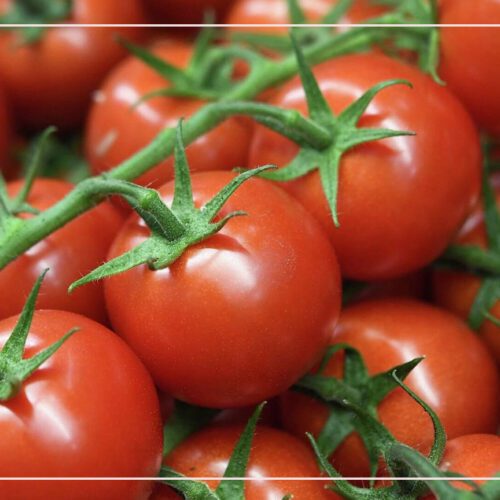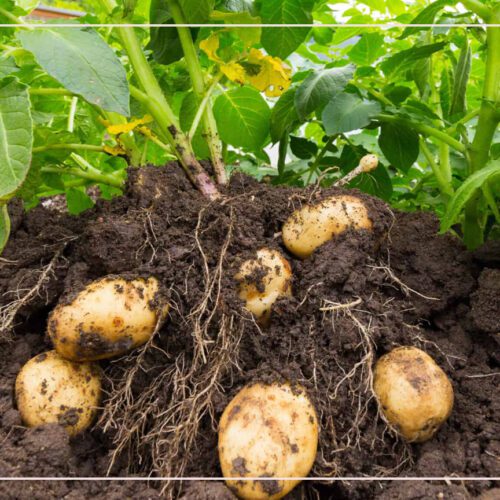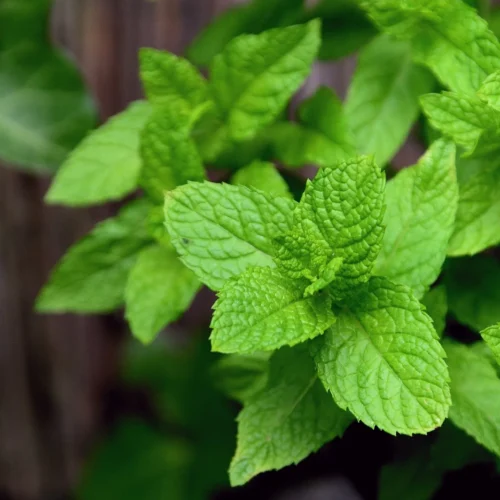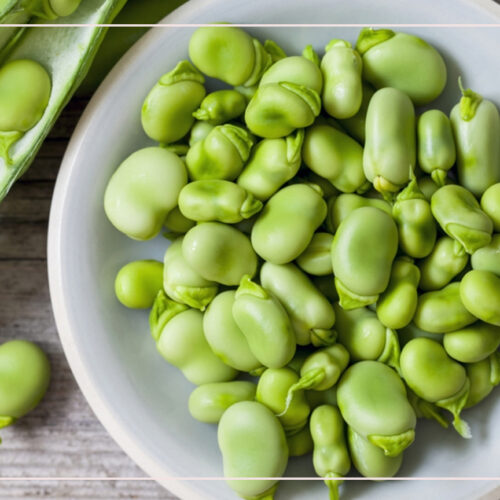
Healthy Treats For Your Pet Birds
You’re what you eat. It’s also applied to your pet bird. In this article, we will mention some of the best healthy treats for your pet birds
Eating together is a great way to strengthen the bond between you and your pet bird. But did you know that sharing meals can also provide numerous health benefits for your feathered friend? Research has shown that sharing meals with your bird can help improve their physical and mental well-being. It’s also preferred for providing them with additional nutrition.
Bird nutrition is a critical factor in maintaining bird health. Unfortunately, many bird diets lack essential vitamins and minerals, which can lead to a variety of serious health conditions. To ensure that birds receive the nutrients they need, it’s important to provide them with a balanced diet that includes all the necessary vitamins and minerals.
Bird owners should be aware of the nutritional needs of their feathered friends. Without proper nutrition, birds can suffer from a number of serious health conditions due to a lack of essential vitamins and minerals in their diet. To ensure that their birds live healthy and happy life, it is important for owners to understand the importance of providing them with a balanced diet.
What to feed your pet bird?
Fruits:
Feeding your bird various fruits is an excellent way to ensure they get all the essential vitamins and minerals. From mangoes, bananas, pomegranates, cantaloupes, and apples, many different types of fruits are available to provide your feathered friend with a healthy diet.
Fruits are known to be a great source of vital vitamins and minerals and are widely enjoyed by birds as they provide an excellent balance of flavor and nutritional value.
“Don’t forget to remove all the food scrubs a couple of hours after serving to prevent bacteria growth inside the cage.”
Beans:
Beans are a nutritional powerhouse for companion birds. Not only do they provide an excellent source of vegetable protein, but they are also an outstanding source of fiber which helps keep their digestive systems running smoothly. Beans are a healthy, cost-effective way to ensure your feathered pet has the right balance of nutrients in its diet and that its digestive system functions smoothly. It’s preferred to boil a 15-bean mix with no additions. Wait until it cools, then serve a scoop for your pet bird. It’s very probable to become a favorite treat to your little feathered friend.
“It’s very important to serve the beans cooked because raw beans could be toxic to your pet birds.”
Sprouts:
Sprouting your own food at home has become increasingly popular in recent years. Not only is it a more cost-effective way to provide your bird with fresh, organic produce, but it is also a great way to promote their health and well-being. Learning how to sprout safely and hygienically in the kitchen doesn’t have to be difficult. With the right knowledge and preparation, you can reap the benefits of safe sprouting for your companion bird.
Vegetables:
Fresh vegetables are an important part of a healthy diet for both wild and companion birds. The variety of vegetables available in nature provides a wide range of nutrients that wild birds feast on, so it makes sense that these same veggies can also be beneficial for pet birds. As such, many pet bird owners are incorporating fresh vegetables into their bird’s diet to ensure their feathery friends get the best nutrition possible. It’s good to offer your bird some carefully washed and rinsed broccoli, squash, and other green veggies.
Pasta:
Birds of all species and sizes can benefit from the energizing carbohydrates found in pasta. Whether cooked or uncooked, pasta is a great addition to any bird’s diet due to its high nutritional content and pleasing taste. Boiling bowtie pasta with vegetables and allowing it to cool can be an interesting way to serve your feathered pet. There is no problem to offer a few raw macaroni noodles covered with butter if your bird prefers the taste and texture of crunchy pasta.
Grains or cereal:
Grains are an invaluable source of nutrition for birds. Not only are they rich in essential proteins, but they also provide beneficial carbohydrates that some other foods cannot. Whole grains are especially nutritious, offering a variety of vitamins and minerals that can help keep birds healthy and strong.
Grains are always a good treat for birds. Flocks of wild birds can decimate a field of grain in no time. That’s why we hear complaints all the time of grain farmers getting their crops damaged by flocks of crows or other wild birds.
Pellets diet:
What are bird pellets?
Bird pellets are quickly becoming the preferred form of nutrition for pet birds. These nutrient-packed pellets provide a balanced diet, offering essential vitamins, minerals, and other healthy ingredients that are often difficult to get from a strictly-seed diet. Bird pellets offer a convenient and cost-effective way to meet the nutritional needs of your feathered friend.
It is essential to pay attention to the ingredients listed for pellets when deciding which one to purchase as not all pellets are created equal. Certain varieties may include artificial colorings or synthetic components that offer no nutritional value. Consequently, it is best to find a pellet with a healthy and quality ingredient list.
Pellet diet challenges:
Converting birds from eating seeds to pellets can be a difficult and daunting task. Many birds find the pellets unappetizing, leading them to starve themselves instead of consuming the pellets. This is a dangerous behavior that can have serious consequences for their health and well-being. Fortunately, there are strategies that owners can use to make the transition easier and encourage their birds to eat pellets.
If you are thinking about changing from seed to pellets for your pet bird, it is recommended to consult your veterinarian for suggestions. Generally, this transition should be done gradually over a certain period rather than abruptly at once.
In conclusion, the health and well-being of companion birds largely depend on the quality of their diet. A nutritious, varied diet is key to providing them with the vitamins and minerals they need for a long and healthy life. By providing a balanced diet rich in fresh fruits, vegetables, grains, and proteins, you can ensure your feathered friend has all the essential nutrients for an active life full of energy.
You can now check the full list of Avian Products
produced by Almardia Group
Common Questions:
-
What should you not feed a pet bird?
Birds should never consume fruit pits and apple seeds as they contain cyanide which is highly toxic to them.
-
How often do pet birds need to eat?
Chicks that are yet to open their eyes need 5-6 feedings daily, every 3-4 hours. But once the birds open their eyes, they need 3-4 feedings every 5 hours. And when their feathers start to grow, it’s enough to be fed 2-3 times a day at a 6-hour gap.
-
How often should I change my birds’ water?
Utilizing a drinking cup or bowl is the most efficient way to provide water for your pets. These need to be cleaned out and refilled with fresh water every day.
Also Read: Learn About Poultry and Their Immune System





